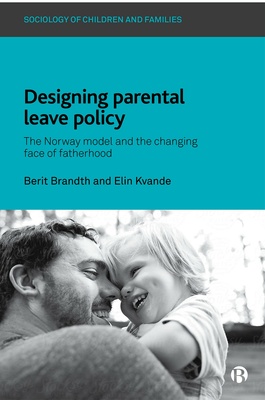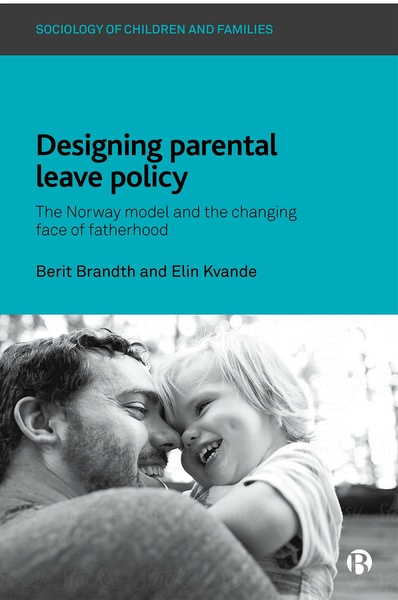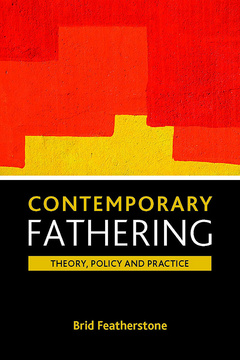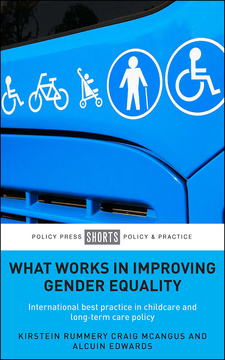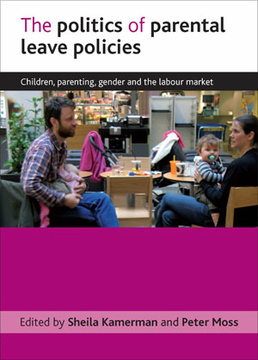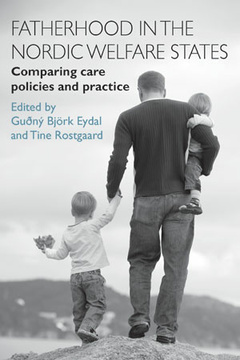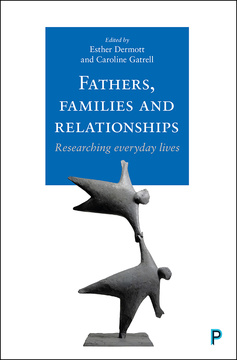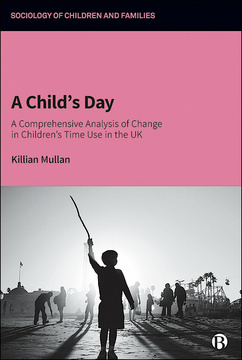Designing Parental Leave Policy
The Norway Model and the Changing Face of Fatherhood
By Berit Brandth and Elin Kvande
ISBN
978-1529201581Dimensions
234 x 156 mmImprint
Bristol University PressISBN
978-1529201574Dimensions
234 x 156 mmImprint
Bristol University PressISBN
978-1529201604Dimensions
Imprint
Bristol University PressISBN
978-1529201604Dimensions
Imprint
Bristol University PressNordic countries lead the way in facilitating better work-family integration through their design of parental leave policies that encourage men towards life courses with greater care responsibilities.
Based on original research, this compelling book offers a novel analysis of the everyday parental practices of fathers and parents in Norway as a way of understanding the workings of labour market and welfare policies, whilst considering how migrant fathers might relate to the expectations such laws generate. The authors showcase how this style of men’s care work constitutes a re-gendering of men by promoting ‘caring masculinities’.
Elin Kvande is Professor at the Department of Sociology and Political Science at Norwegian University of Science and Technology in Trondheim. Her research interests include dynamics and change in gender relations in organizations, welfare state policies and fathers' use of care policies.
Berit Brandth is Professor Emerita at Department of Sociology and Political Science at Norwegian University of Science and Technology. Her main areas of interest include work, family and care policies with a special focus on fathering and parental leave, as well as rural gender studies.
Introduction
Part 1: The importance of leave design
Fathers’ sense of entitlement to ear-marked and shared parental leave
Decomposing policy design: outsider-within perspectives
Flexible use of the father’s quota: Problems and possibilities
Part 2: Caregiving – fathers in transition
Masculinity and child care
Home alone on leave or with the mother present
Fathers experiencing solo leave: Change and Continuities
Immigrant fathers framing parental leave and caregiving
Part 3: Reconciling work and care
Changing fathers and work–life boundary setting
Negotiating parental leave and working life
Workplace support of fathers’ parental leave use
Managers: Irreplaceable in caregiving and replaceable at work
Conclusions: Change in policies, fathers’ caregiving and the ideal-worker norm







